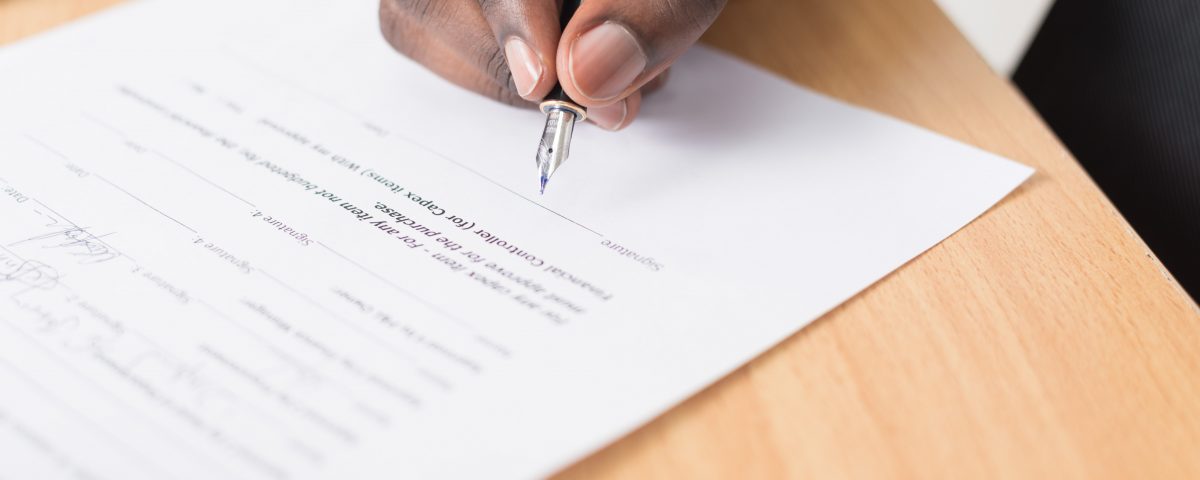- MENLO GROUP
- 480.525.5362 (Call or Text)
- 480.535.5854
- info@menlocre.com
- Grafton Milne, Designated Broker
- Owner Portal | Tenant Portal

Should You Lease or Buy Dental Real Estate?
August 8, 2019
Menlo Book Club: Atomic Habits
August 26, 2019
In commercial real estate sales, buyers and sellers negotiate specific deal terms. These terms can include sale price, contingencies and close date. Once agreed upon, both parties sign a Purchase and Sale Agreement, which signifies that they are ready to open escrow.
What is escrow?
Third-party title companies often act as escrow holders in commercial real estate transactions. They hold funds to ensure both the buyer and seller fulfill their responsibilities. To open escrow, a fully executed Purchase and Sale Agreement is sent to the title company outlined in the document.
What is an earnest money deposit?
An earnest money deposit indicates a buyer’s sincere intention to buy the property. For this reason, earnest money is also known as “good faith money.” The Purchase and Sale Agreement outlines the date by which the earnest money deposit needs to be received.
The buyer will deliver a check or wire funds to the title company to hold until closing. At closing, the earnest money will go towards the down payment and closing costs.
What is the feasibility period?
The feasibility period provides the buyer with time (often 30 days) to conduct due diligence on the property. As part of due diligence, the seller must provide the buyer with information such as:
- Building plans
- Warrantees on equipment
- Certificate of occupancy
- Maintenance and service contracts
- Existing lease contracts
- Environmental reports
- ALTA surveys
- Current title report
- Owners association information
- Operating expenses
- Past three years of property tax bills
Buyers should always schedule thorough property inspections and appraisals before signing closing documents. The buyer should also finalize lender approval during this time.
If the buyers decide to back out of the deal, they must do so before the expiration of feasibility to get the earnest money returned to them.
What happens at the close of escrow?
After the feasibility period, the transaction will close on the predetermined date. Both parties will sign the agreement, and the funds will be released. The title company will distribute closing documents for all parties’ records. The buyer will also receive the deed and keys to the property to begin enjoying their new asset.
Don’t feel intimidated by the escrow process. Our team of advisors and transaction managers
will guide you through every step to ensure a smooth close to your sale or
purchase of commercial property.


